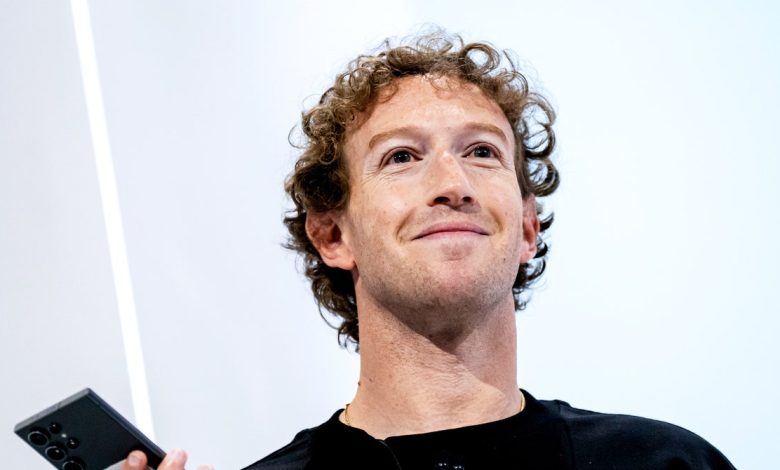Meta’s Next Llama AI Models Are Training on a GPU Cluster ‘Bigger Than Anything’ Else

Managing such a gargantuan array of chips to develop Llama 4 is prone to current distinctive engineering challenges and require huge quantities of vitality. Meta executives on Wednesday sidestepped an analyst query about vitality entry constraints in elements of the US which have hampered corporations’ efforts to develop extra highly effective AI.
In keeping with one estimate, a cluster of 100,000 H100 chips would require 150 megawatts of energy. The biggest nationwide lab supercomputer in america, El Capitan, against this requires 30 megawatts of energy. Meta expects to spend as a lot as $40 billion in capital this yr to furnish information facilities and different infrastructure, a rise of greater than 42 p.c from 2023. The corporate expects much more torrid progress in that spending subsequent yr.
Meta’s whole working prices have grown about 9 p.c this yr. However total gross sales—largely from advertisements—have surged greater than 22 p.c, leaving the corporate with fatter margins and bigger earnings even because it pours billions of {dollars} into the Llama efforts.
In the meantime, OpenAI, thought of the present chief in growing cutting-edge AI, is burning by way of money regardless of charging builders for entry to its fashions. What for now stays a nonprofit enterprise has stated that it’s coaching GPT-5, a successor to the mannequin that at present powers ChatGPT. OpenAI has stated that GPT-5 shall be bigger than its predecessor, however it has not stated something in regards to the laptop cluster it’s utilizing for coaching. OpenAI has additionally stated that along with scale, GPT-5 will incorporate different improvements, together with a just lately developed strategy to reasoning.
CEO Sam Altman has stated that GPT-5 shall be “a major leap ahead” in comparison with its predecessor. Final week, Altman responded to a information report stating that OpenAI’s subsequent frontier mannequin could be launched by December by writing on X, “fakes information uncontrolled.”
On Tuesday, Google CEO Sundar Pichai stated the corporate’s latest model of the Gemini household of generative AI fashions is in improvement.
Meta’s open strategy to AI has at instances confirmed controversial. Some AI consultants fear that making considerably extra highly effective AI fashions freely obtainable could possibly be harmful as a result of it may assist criminals launch cyberattacks or automate the design of chemical or organic weapons. Though Llama is fine-tuned previous to its launch to limit misbehavior, it’s comparatively trivial to take away these restrictions.
Zuckerberg stays bullish in regards to the open supply technique, whilst Google and OpenAI push proprietary programs. “It appears fairly clear to me that open supply would be the most value efficient, customizable, reliable, performant, and best to make use of choice that’s obtainable to builders,” he stated on Wednesday. “And I’m proud that Llama is main the best way on this.”
Zuckerberg added that the brand new capabilities of Llama 4 ought to have the ability to energy a wider vary of options throughout Meta providers. As we speak, the signature providing based mostly on Llama fashions is the ChatGPT-like chatbot generally known as Meta AI that’s obtainable in Fb, Instagram, WhatsApp, and different apps.
Over 500 million folks month-to-month use Meta AI, Zuckerberg stated. Over time, Meta expects to generate income by way of advertisements within the function. “There shall be a broadening set of queries that individuals use it for, and the monetization alternatives will exist over time as we get there,” Meta CFO Susan Li stated on Wednesday’s name. With the potential for income from advertisements, Meta simply may have the ability to pull off subsidizing Llama for everybody else.








